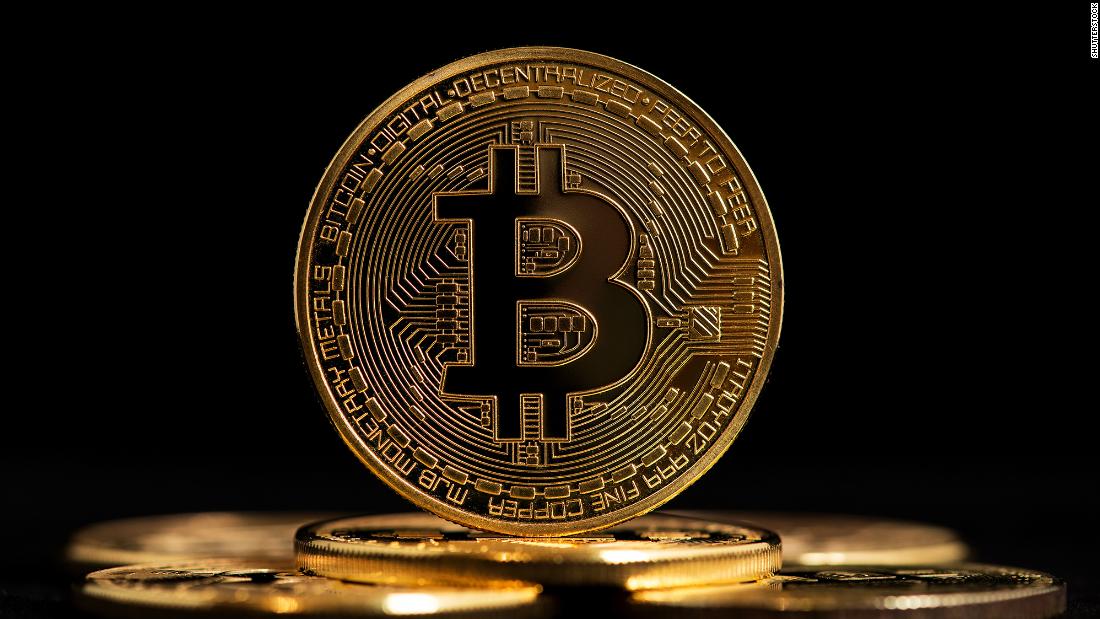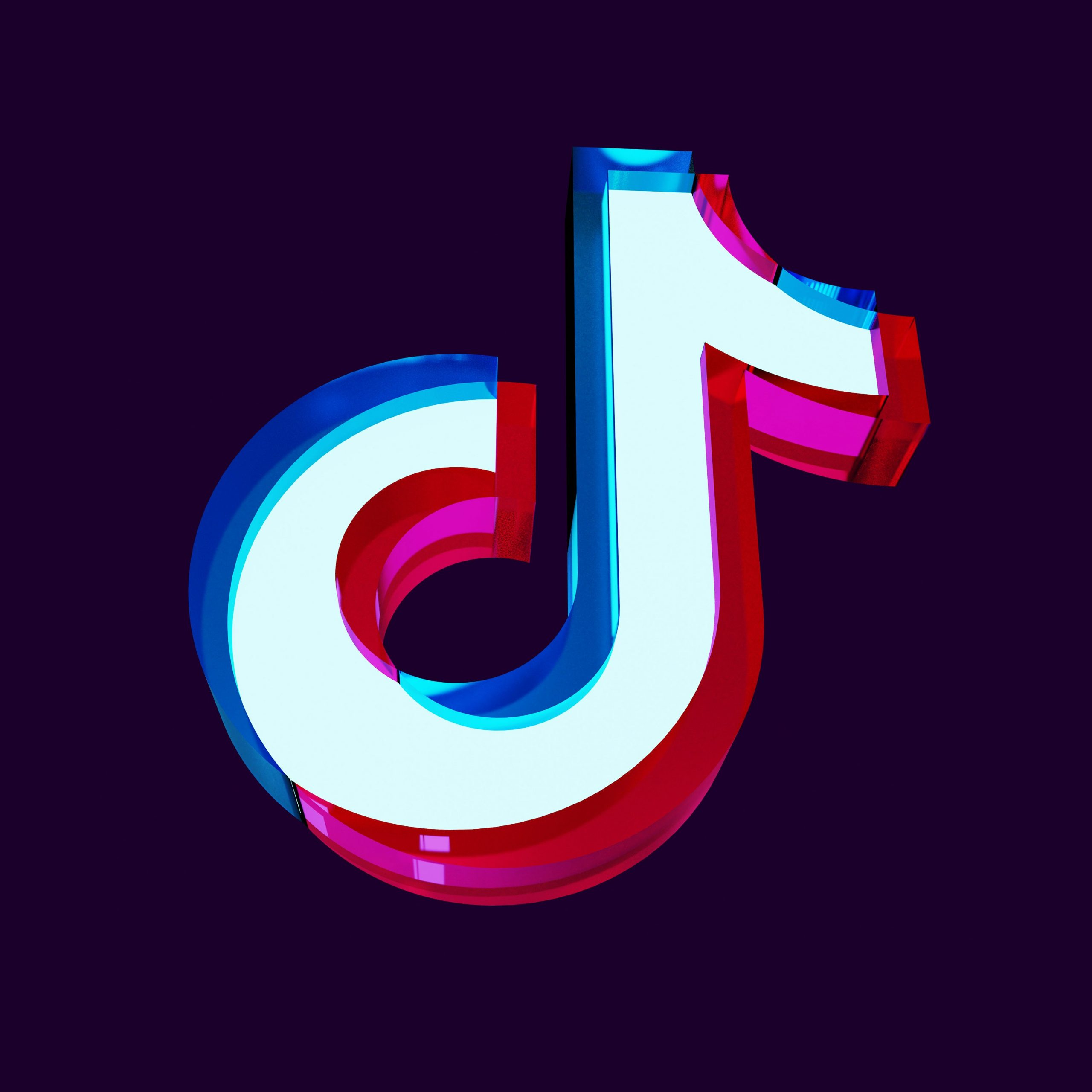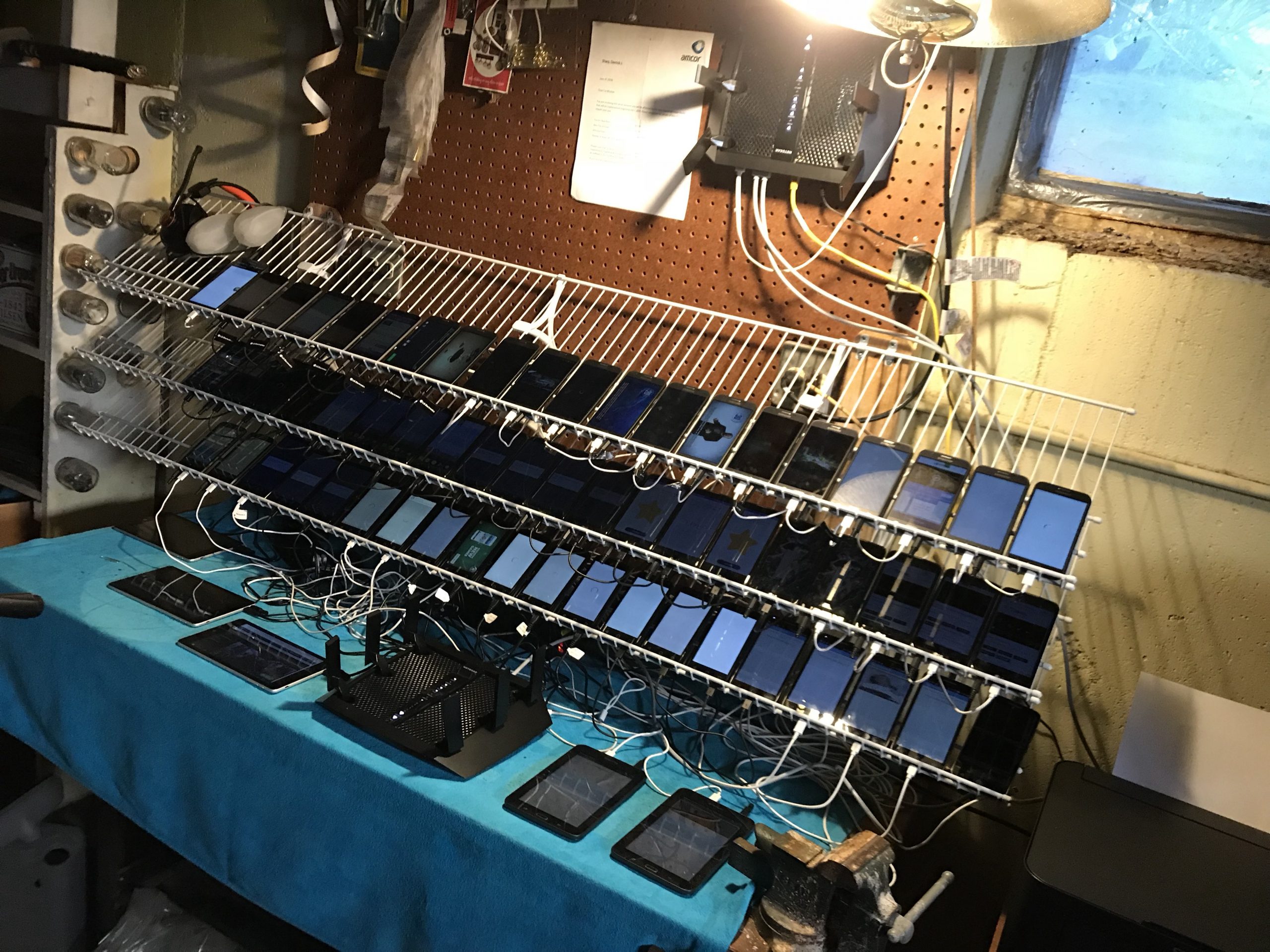A Guide to NFTs in the music industry
If you’re involved in the music industry in some way or another, you’ve probably heard of the fact that Kings of Leon have sold their album as an NFT, generating the eye-watering sum of $2 million in less than 2 weeks.
According to The Fintech Times, the NFT market tripled in 2020 and is projected to continue growing in 2021. Furthermore, transactions amounted to more than $250 Million. Every brand seems to be talking about NFTs and trying to get a piece of this lucrative pie. What’s more – multinational music and entertainment enterprises such as BBC, Warner and Paramount brands are spearheading this trend.
However, the big question is – what is an NFT? Additionally – how can it be used to aid forward-facing artists? And more importantly, is it just a passing trend, or is it here to stay?
What is an NFT?
NFT stands for non-fungible token. A fungible item is something that is interchangeable and can be traded for something else e.g. cash is fungible. Conversely, non-fungible refers to something totally unique – it’s a one-of-a-kind item that can’t be traded for something else e.g. the original Starry Night by Van Gogh. Simply put, a non-fungible item is priceless.
The concept behind NFTs – or non-fungible tokens – is that it’s a unique digital item, stored on a blockchain. Blockchain is the name of the technology that makes NFTs possible and it’s a system designed to ensure maximum security. It consists of a series of records – known as blocks – and each time a new transaction takes place, a new block is added. Each block stores the transaction timestamp, data and cryptographic hash function of the previous block. Each additional block means additional security, as one block depends on the adjacent block, making the system quasi-impenetrable.

NFTs form part of the Ethereum blockchain. Ethereum is a cryptocurrency – like bitcoin – however, its technology supports the existence of NFTs as it enables bits of coded info to be stored. This underlying feature distinguishes Ethereum from other cryptocurrencies and makes it the perfect cryptocurrency for NFTs.
But why are NFTs so valuable? Blockchain technology has ensured that NFTs are devised in a way that they can’t be copied. It gives the NFT owner bragging rights so that they’re able to say that they own the original Kings Of Leon album. The artist, label or publisher can still retain the publishing and master rights; however, the NFT owner owns the actual original. Think of NFTs and the NFT marketplace as a virtual Sotheby’s, where the ultra-rich or dedicated fans can buy original art in all its glory.
Moreover, investors are interested in NFTs not only because of the value of the artwork at hand; they’re most interested in the NFT feature that pays the first owner a percentage every time the NFT is sold to another individual. Therefore, theoretically speaking, if an artist blows, the owner of their NFT can potentially make loads of money by selling the NFT off at the peak of the artist’s popularity.
NFTs and Music
While it’s clear that investors are using NFTs as speculative art and status symbols, a lot of music industry folk are asking – so, what’s in it for the artist?
Simply put – by eliminating the middle persons, NFTs empower established artists to make serious money – and fast. Let’s take Linkin Park’s Mike Shinoda’s as an example. The two-time Grammy winner, alongside UPSAHL and iann dior, launched their collaborative single “Happy Endings” as an NFT. Shinoda marked the first major label artist to launch a single via an NFT Auction. In an interview with Hypebeast, Shinoda commented about the future of NFTs interlinked with the modern music industry, “I think NFTs are a very special thing. You can create and sell something, and every time it resells, I can take a small percentage and everyone who’s in touch with it or sold it, all our names are associated with that item. That’s a game-changer. That’s a big deal. Some people like to use this example, like “oh it’s a digital Mona Lisa.” Maybe in some cases, yeah, but just imagine this if you can.”
Electronic artists were one of the first group of artists to realise NFTs’ potential. Aphex Twin, Deadmau5, 3LAU, Grimes, Richie Hawtin and Steve Aoki are some of the big names in this scene that have already made thousands, sometimes millions, thanks to NFTs. As more and more established artists realise that we are moving past Web 2.0 business models, NFTs and the emerging Web 3.0 are going to transform the way established artists make money.
NFTs aren’t strictly limited to music and art, though. Artists can also sell tickets and other digital memorabilia to fans and investors. Tickets as NFTs can potentially eliminate inconveniences such as resales, ticket trading and third-parties websites taking a percentage, as the ticket is transferred directly from the artist and into the buyer’s digital wallet, without any third-party involvement.
The downside of NFTs is that, like other cutting-edge technologies, they’re only available to the world’s top earners. While the technology offers an alternative revenue stream for established artists and could potentially eliminate the middle person when it comes to ticketing and digital merch sales, the fact that the sale of NFTs is driven by status and not by artistic quality make it nearly impossible for emerging artists to tap into the market. While open marketplaces such as OpenSea.io are technically open to emerging artists, the hefty registration fee is an impermeable barrier for a lot of struggling artists to get involved.
Furthermore, the complexity of copyright laws around the globe means that we can be overvaluing something that may not be 100% legal later down the line. Additionally, if NFTs are merely a trend, people investing in them could lose all their investments when something “shinier” crops up in the crypto world.
Where do we go from here?
If there’s one thing that NFTs has taught us about the current state of the music industry is that artists can be relied on to spot emerging technologies and creative innovations that set trends in other industries.
If NFTs can provide a legitimate solution to problems such as inflated ticket resale prices, hefty label cuts and low revenues from streaming, this technology might actually reform an industry that’s characterised by middle-companies looking to make a profit off the back of artists. While the trend and hype may pass, the underlying technology may truly flourish into something that empowers artists and fans alike.






